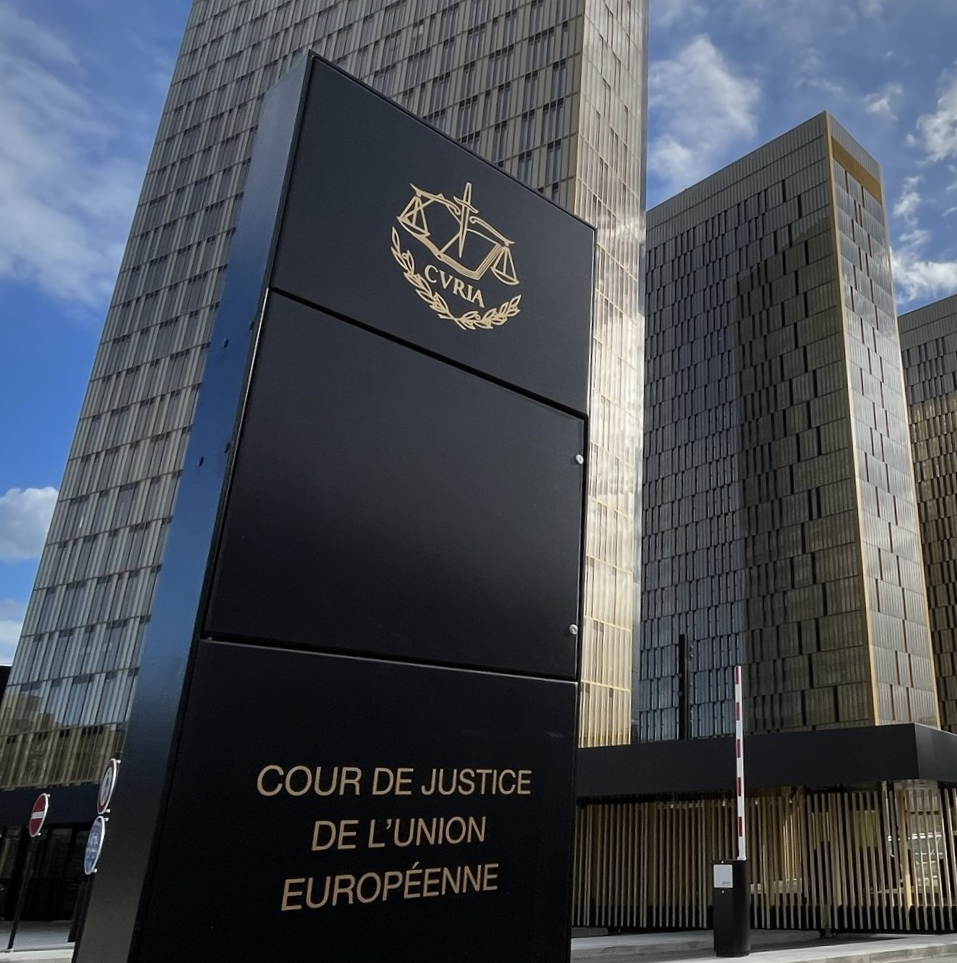Aarohi Dhumale
The European Court of Justice on 3rd September, 2024, decided in favour of Illumina and GRAIL by ruling European Commission that it did not have jurisdiction over Illunina’s acquisition of GRAIL.
Illumina is an American biotechnology company and GRAIL is a developer of “multi-cancer early detection” (MCED) tests, which rely on Next Generation Sequencing Tests. Despite being founded by Illumina in 2016, GRAIL spun-out of Illumina. It acquired GRAIL, in 2021 for $7.8 billion. However, the merger did not meet the merger review thresholds set by the European Commission or national authorities.
The European Commission started investigating the merger after receiving requests from Belgium, France, Greece, Iceland, the Netherlands, and Norway. The reason for starting this probe was that the (MCED) or ‘liquid biopsy’ market will be affected significantly due to Grail’s Galleri test, which detects many types of cancer from tiny fragments of cell-free DNA (cfDNA) that leak from tumors into the bloodstream and can be found in blood tests. The EC is concerned that after this acquisition, Illumina, which is the largest supplier of equipment used for analysing the DNA in blood samples, will take over the entire market.
Despite Grail having no revenue, the European Commission took on the case as the deal affected multiple countries and Grail was important for competition, even without revenue. This was based on a new approach of Article 22 of the EU’s Merger Regulation, which addresses the “killer acquisitions”, (big companies buy small companies in order to eliminate future competitions) even if they are not required to be notified. This new approach also enabled the EU Member States to look into any deal which didn’t meet the EU’s or the Members’ national thresholds, but “affects trade between Member States” and “threatens to significantly affect competition within the territory of the Member State or States making the request.”
The ECJ decided in Illumina’s favour and overturned a 2022 judgment by a General Court. The earlier judgment upheld the revised approach and annulled the decisions by which the EC accepted referral requests from national competition authorities. The ECJ observed that this new approach cannot be used as a “corrective mechanism” to deal with potential gaps in EU merger control.
The General Court was incorrect in deciding, based on a “literal, historical, contextual, and teleological interpretation” of the EU Merger Regulation, that national competition authorities could request the European Commission to review a merger that fell outside their jurisdiction (because it didn’t meet the national thresholds). The European Court of Justice stated that these thresholds are crucial for providing companies with “foreseeability and legal certainty.”
The ECJ’s ruling also exonerates Illumina from paying a massive €432 million fine, which was levied on it by the European Commission for acquiring GRAIL without authorization.
EU Commissioner for Competition Margrethe Vestager gave a statement saying, “certain transactions that do not reach EU notification thresholds may nonetheless be harmful to competition in Europe [and] a company with limited turnover may still play a significant competitive role on the market, as a start-up with significant potential, or as an important innovator.” She firmly said the EC will take referrals from National Authorities “where applicable legal requirements are met,“.

